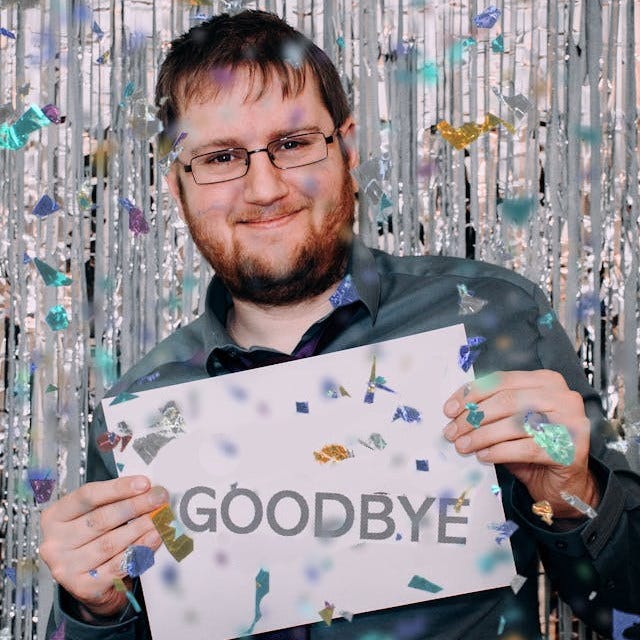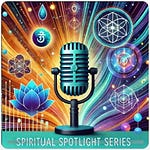"I'd rather be dead than sing 'Satisfaction' when I'm 45."
— Mick Jagger. Still singing satisfaction at age 81.
Stubborn and Patient
I am stubborn and patient. The curse of stubborn and patient people is to die unsatisfied. I don’t want to.
I look to role models to help guide my life, but most stubborn and patient role models are defeated in this regard. I think of Paul Dirac, Leonardo de Vinci, and Albert Einstein who all died unsatisfied in some respect.
“I have offended God and mankind because my work did not reach the quality it should have”.
— Leonardo Da Vinci (MacGuill 2017)
“I have nothing to talk about. My life has been a failure.”
— Paul Dirac (Kragh 2016)
“I am happy because I want nothing from anyone. I do not care for money. Decorations, titles or distinctions mean nothing to me. I do not crave praise. The only thing that gives me pleasure, apart from my work, my violin and my sailboat, is the appreciation of my fellow workers.”
— Albert Einstein
No one mentions that Einstein’s fellow workers, whose appreciation he valued, shunned him in his later years.
The End of Your Life
Few seriously contemplate the end of their lives. I suppose if most people were asked they’d say, “What’s to think about?” Somber lectures on mortality don’t motivate anyone.
Certainly young people don’t think about the end of their lives. The concept of stepping out doesn’t seem to have much relevance for someone who’s just stepping in.
Now that I’m a therapist, I wonder about teenage depression and teen suicide. These are different for young people than for old people. Depression is a strange thing, and suicidality requires a twisted state of mind. Contemplating one’s mortality is part of growing up, but depression and suicide are rarely educational.
The notion of my own death as a real thing existed for me because I became enthralled with rock climbing without knowing it was dangerous. I had no teachers, mentors, or role models. I had not read any books. Like a baby approaching a road, I just headed up the cliff with a rope around my waist.
A baby would have known better. I somehow thought I was safe because I was there intentionally. I succumbed to my own enthusiasm and the misguided impression that merely trailing a rope behind me ensured my safety.
Unlike my local scrambles, this was a real cliff, 300’ tall. I started thinking clearly when I was a hundred feet off the ground. It was a rude awakening that scared the hell out of me.
The experience instilled and cured me of a fear of heights, both at the same time. After that I loved the dizzying heights. It was the feeling that was key.
I’ve since wondered how that experience changed me. It’s not enough to say that it put the fear of death into me. It changed me in other ways too. It gave me an appreciation of life; an appreciation of the moment.
After that experience there was a barrier between me and my Middle School classmates. There was a barrier between me and most adults. Everyone seemed to live as if they could not see the hour glass of their lives. People who do extreme things tend to be more circumspect.
Outdoor adventure schools foster this kind of thinking, and their advantage lies in this. Something having to do with becoming serious and responsible, though they don’t advertise dancing with death. My experience showed me the emptiness of traditional schooling, as death isn’t on any syllabus.
I didn’t attend any outdoor adventure school, but two of my older friends did. They introduced me to rock climbing but weren’t attracted to it themselves. They also didn’t become outdoor enthusiasts, never had the same near death experiences, and didn’t gain the same appreciation. You have to come close to death to take it seriously.
Close Encounters of the Mortal Kind
Sickness doesn’t do it. Covid-19 collapsed my lungs and put me in intensive care for a week. I was given a dire prognosis, but I didn’t feel close to death and I knew doctors are prone to exaggeration. Feeling death is a compelling experience. The terminally ill have a greater appreciation for life, but just being seriously ill is not enough.
Once you get old you’re not going to play games with your life. Too many people depend on you and you’re attached to your health.
Your chance to appreciate death is when you’re young, uninvested, and immortal. It’s when you’re shaping your life that such knowledge is most useful. Courting danger is a young person’s sport.
Life is one of those things you have to plan for long before you can see the end of it. One of the self-defeating goals of Western culture is making this knowledge hard to get. We have not yet realized that by making life safer, we make people less insightful.
Want to die satisfied? Schedule a free call by following this link:
Listen to this episode with a 7-day free trial
Subscribe to Stream of Subconsciousness to listen to this post and get 7 days of free access to the full post archives.














